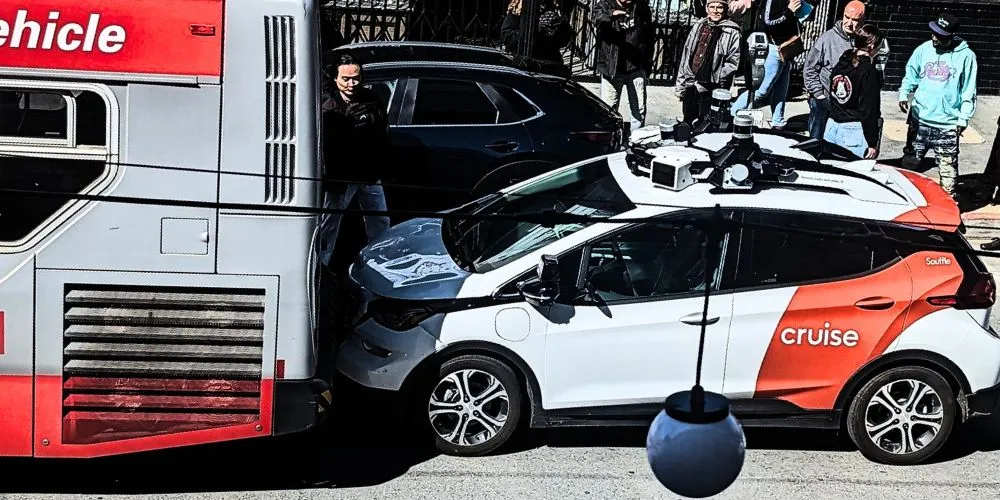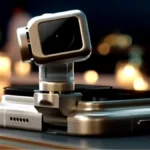General Motors’ autonomous vehicle unit, Cruise, is undergoing a major leadership shake-up, dismissing nine key leaders, including executives from legal, government affairs, commercial operations, safety, and systems teams.
The move comes from safety investigations initiated after a pedestrian accident involving one of Cruise’s robotaxis in San Francisco in October. The internal message confirming the departures stated that new leadership is necessary to rebuild trust and uphold the highest safety, integrity, and accountability standards.
Cruise’s recent challenges reflect the broader difficulties the self-driving vehicle industry faces in commercializing autonomous technology. After initial enthusiasm and predictions of a multitrillion-dollar market, the sector has witnessed consolidation and a more cautious approach. The leadership changes at Cruise were prompted by an analysis of the company’s response to the October accident, where a pedestrian was dragged by one of Cruise’s vehicles after being struck by another.
Following the incident, the California Department of Motor Vehicles suspended Cruise’s deployment and testing permits, leading the company to halt all roadway operations in the U.S. Cruise is also under scrutiny by regulatory bodies, including the National Highway Traffic Safety Administration and the California Public Utilities Commission, facing potential fines for alleged misinformation about the accident. GM CEO Mary Barra, who chairs Cruise, emphasized the company’s commitment to addressing the issues, with ongoing external safety reviews expected to guide future actions.
The recent leadership changes occurred a month after Cruise CEO Kyle Vogt and Chief Product Officer Dan Kan resigned. This upheaval poses a setback for Cruise, which had ambitious plans to expand its fully autonomous taxi services to more cities. GM, which acquired Cruise in 2016 and invested heavily, had hoped the startup would play a significant role in doubling the company’s revenue by 2030. However, Cruise has incurred more than $8 billion in losses for GM since the acquisition, with annual losses increasing, including $1.9 billion through the third quarter of this year.
Despite the setbacks, GM expressed its commitment to supporting Cruise’s efforts to address accountability, trust, and transparency, highlighting ongoing external safety reviews to guide the company’s path forward. The autonomous vehicle industry relies on public trust and regulatory cooperation, making transparent safety practices crucial for its advancement.





